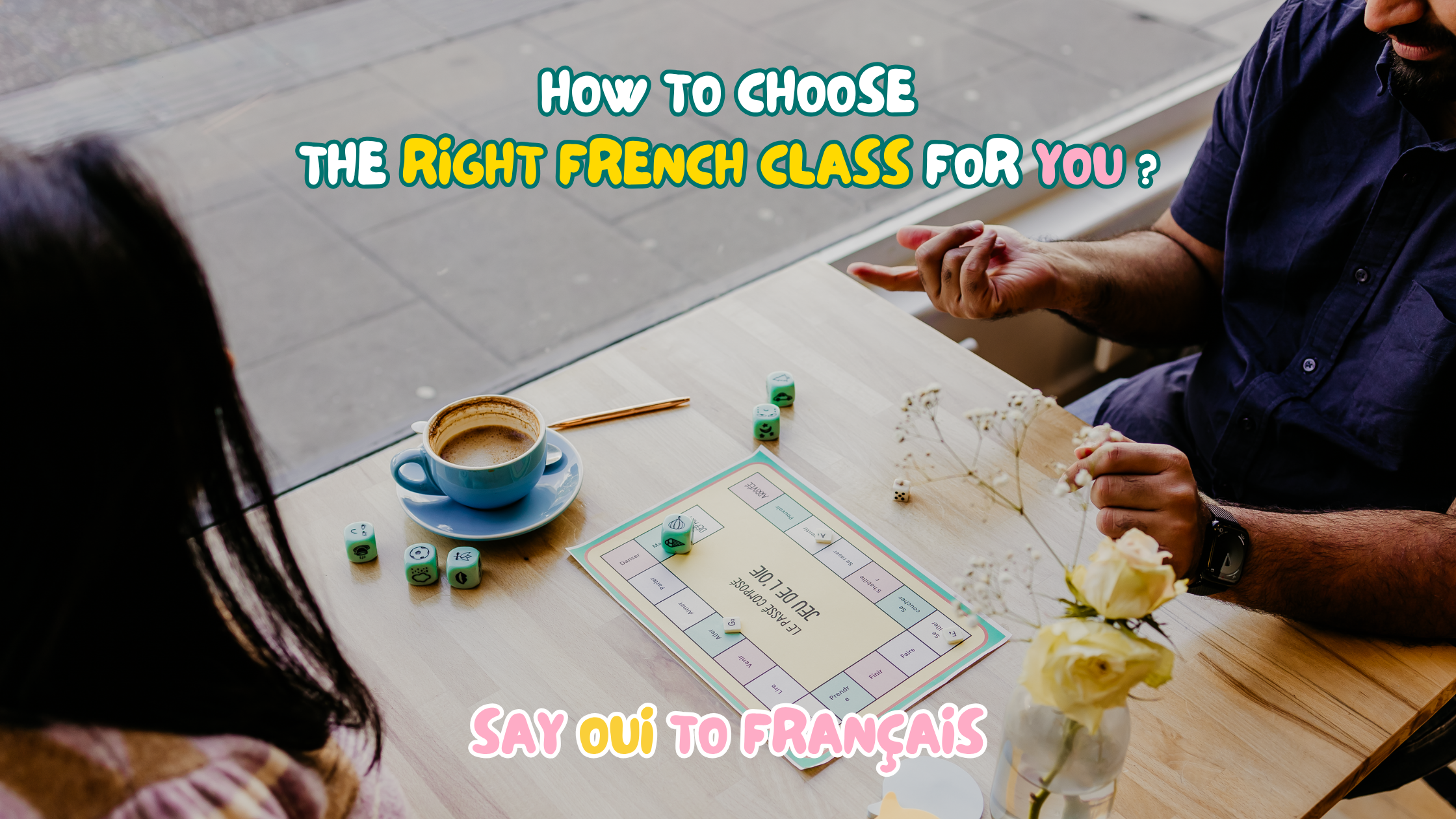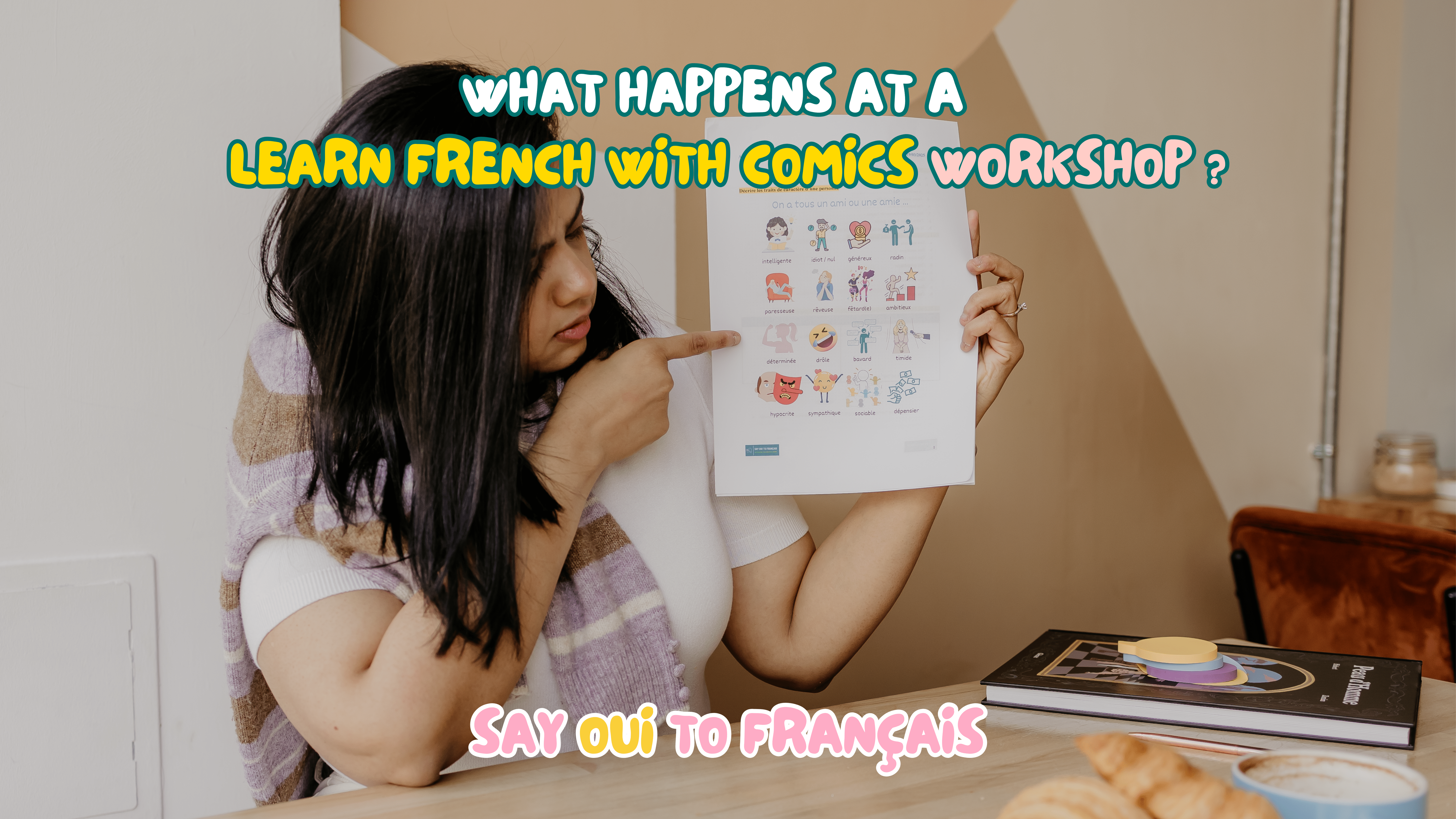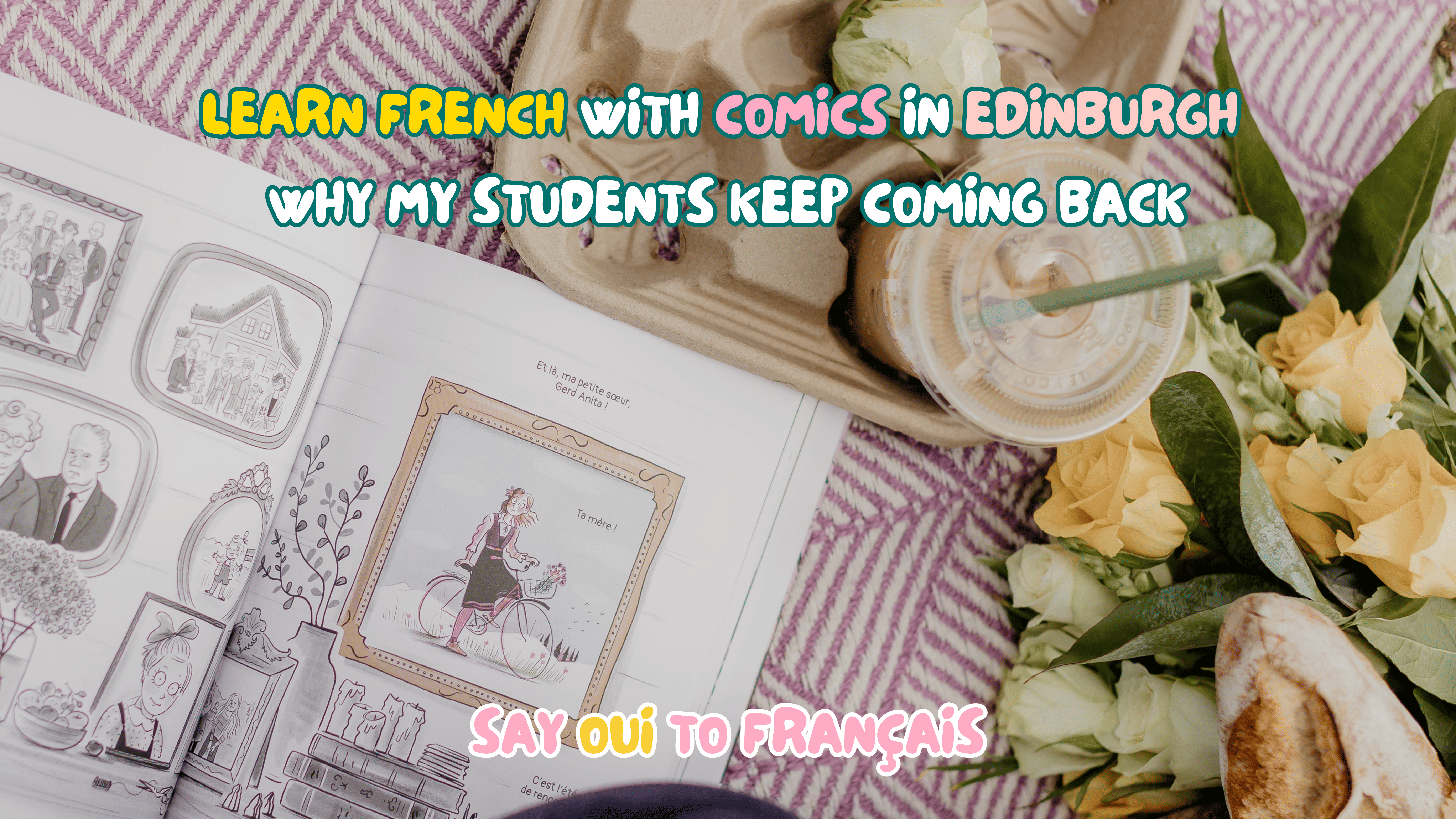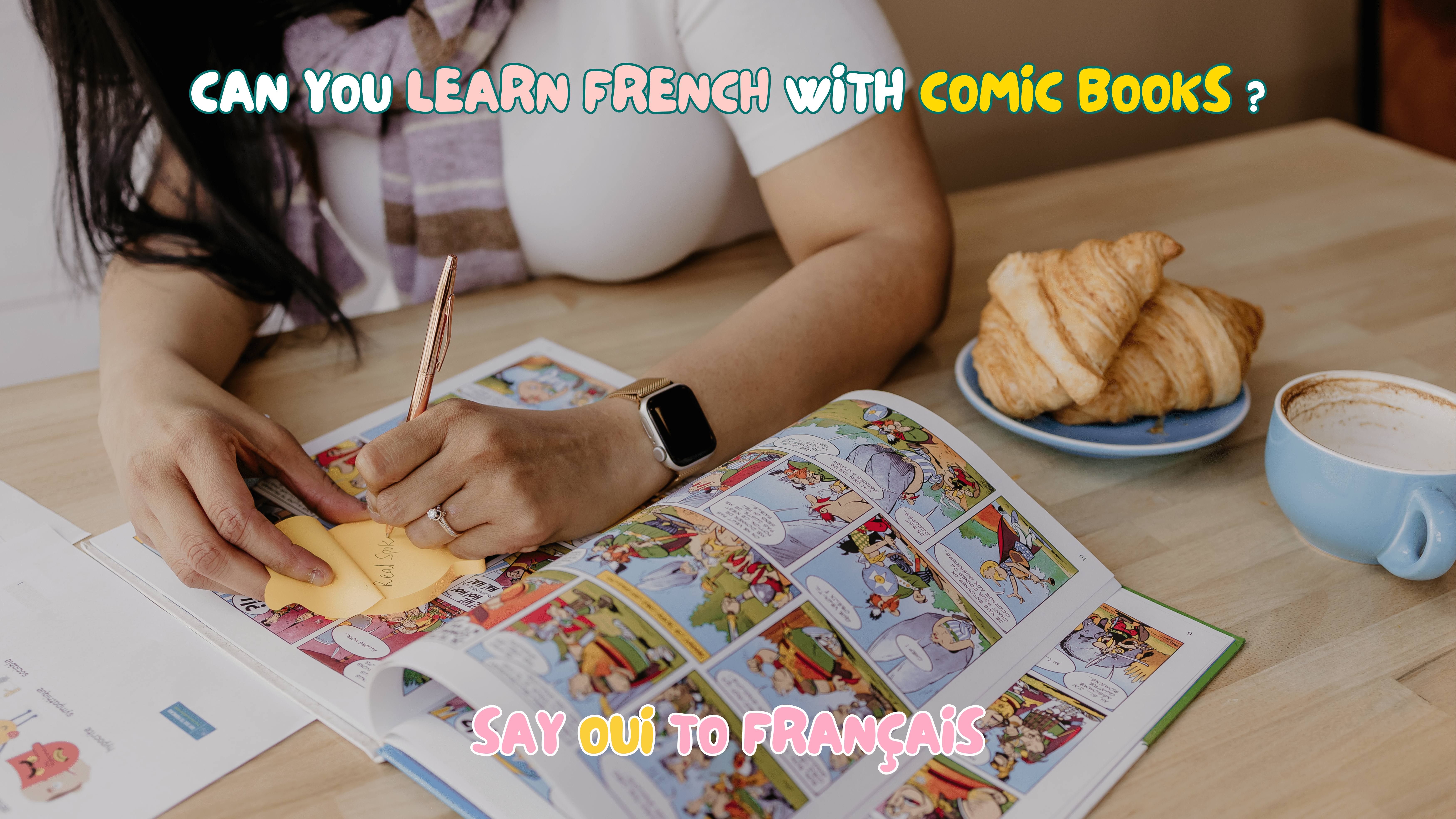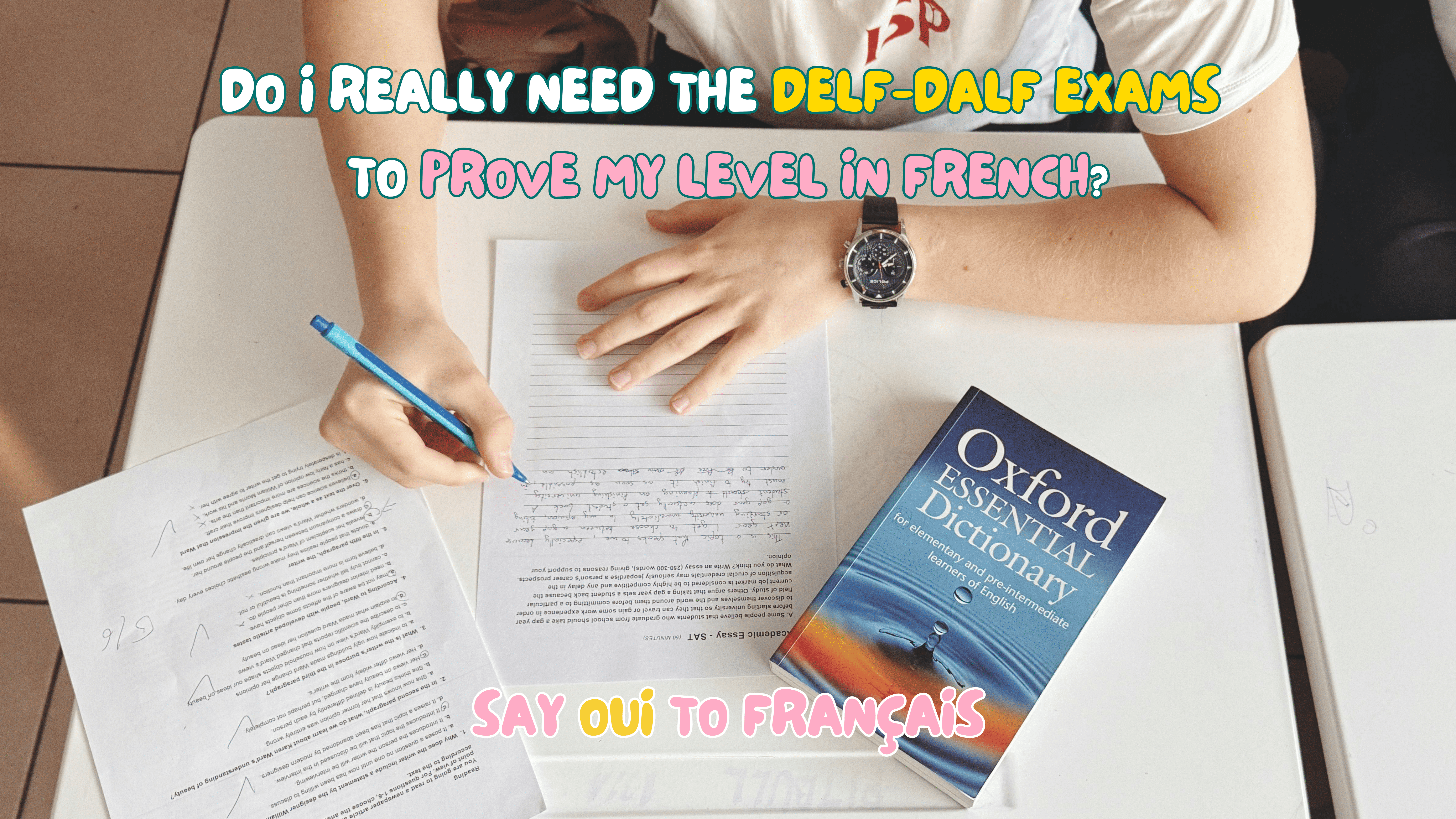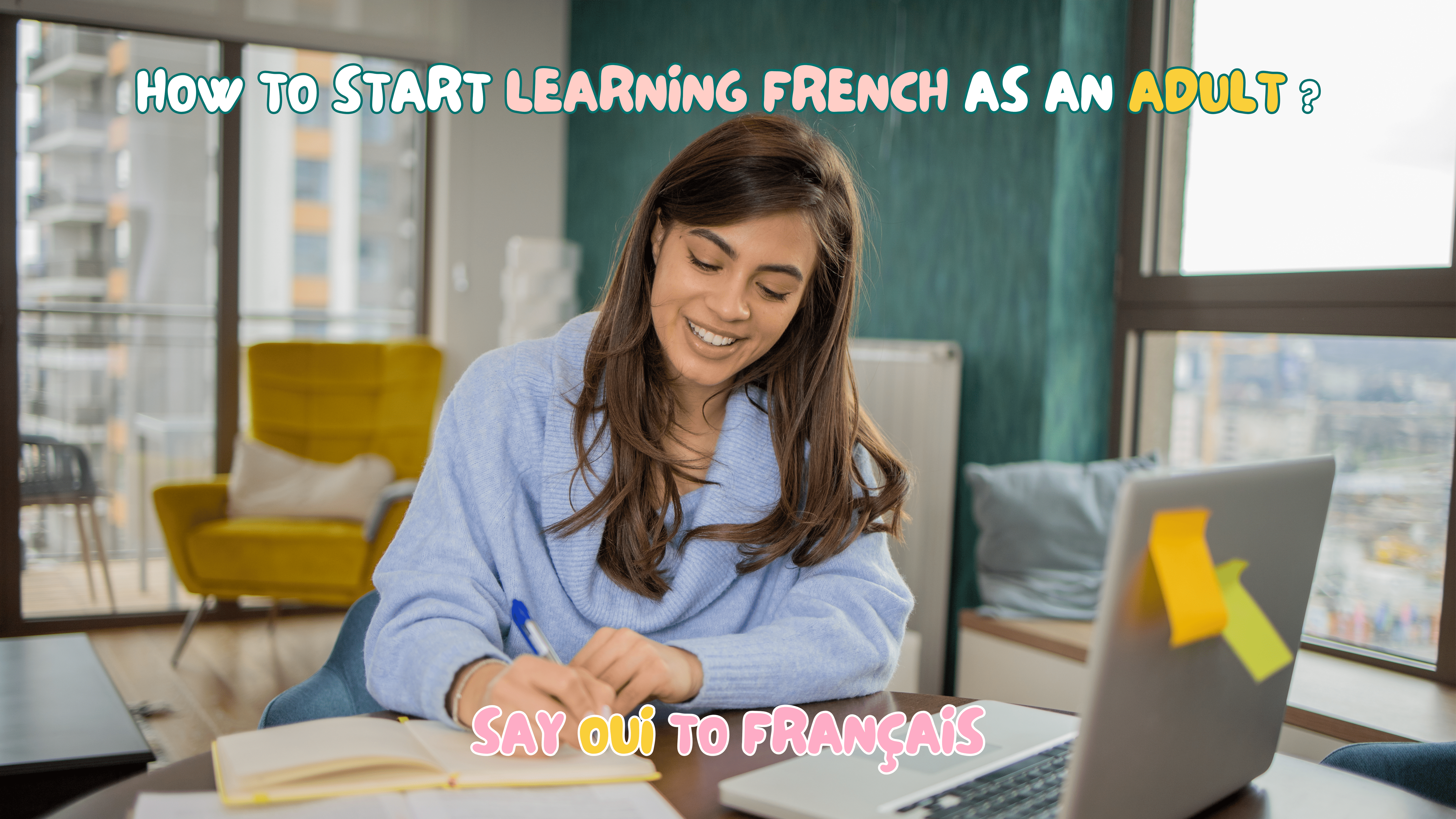
How to Start Learning French as an Adult (Even If You’ve Tried Before and Gave Up)
If that feels like you, know that you’re not alone and that it’s not your fault. Learning French as an adult comes with real challenges, but it also comes with its own set of strengths that most people overlook. And that's where the magic happens!
At Say Oui To Français, I work with adult learners from all over the world, many of whom are in their 30s, 40s, 50s and beyond. A lot of them believed that they “just weren’t good at languages”. Today, they’re reading novels and bandes dessinées (comic books) in French, having conversations with their French partners and in-laws, studying or working in Francophone countries and rediscovering the joy of learning!
So, let's bust some myths and talk about how to actually start learning French as an adult, even if you’ve failed or given up before.
Why learning French when you’re older feels harder (and why that’s okay!)
Let’s be real:
- You have a job, a family, a life.
- You don’t have hours a day to study conjugation charts.
- You want to speak French, and not feel like you’re back in school learning things you’ll probably never use in real life.
Adult brains are wired differently. We carry the fear of making mistakes, perfectionism, pre-existing language baggage that sometimes makes it challenging to adapt to new grammar and vocabulary, and a deep-rooted belief that “kids are better at languages”. But the truth is, adults learn differently - not worse. We are better at making connections, seeing patterns, understanding culture, and asking thoughtful questions. That’s a superpower, not a weakness.
So what does work when you’re learning French as an adult?
After working with hundreds of adult learners over the last 12 years, here’s what I’ve seen make the biggest difference:
Real people, real progress
Where to start - today?
- Start small. Pick just one thing.
- Change your phone settings to French.
- Watch 5 minutes of French on Youtube with subtitles.
- Read a comic book adapted to your level in French. (Download my freebie on comic books adapted to your level)
Learning French as an adult isn’t about perfection. It’s about permission.
Permission to go slow.
Permission to be curious.
Permission to say "oui", even when it feels scary.
You don’t have to do this alone.
Say Oui To Français, and let’s begin together!
See all classes
